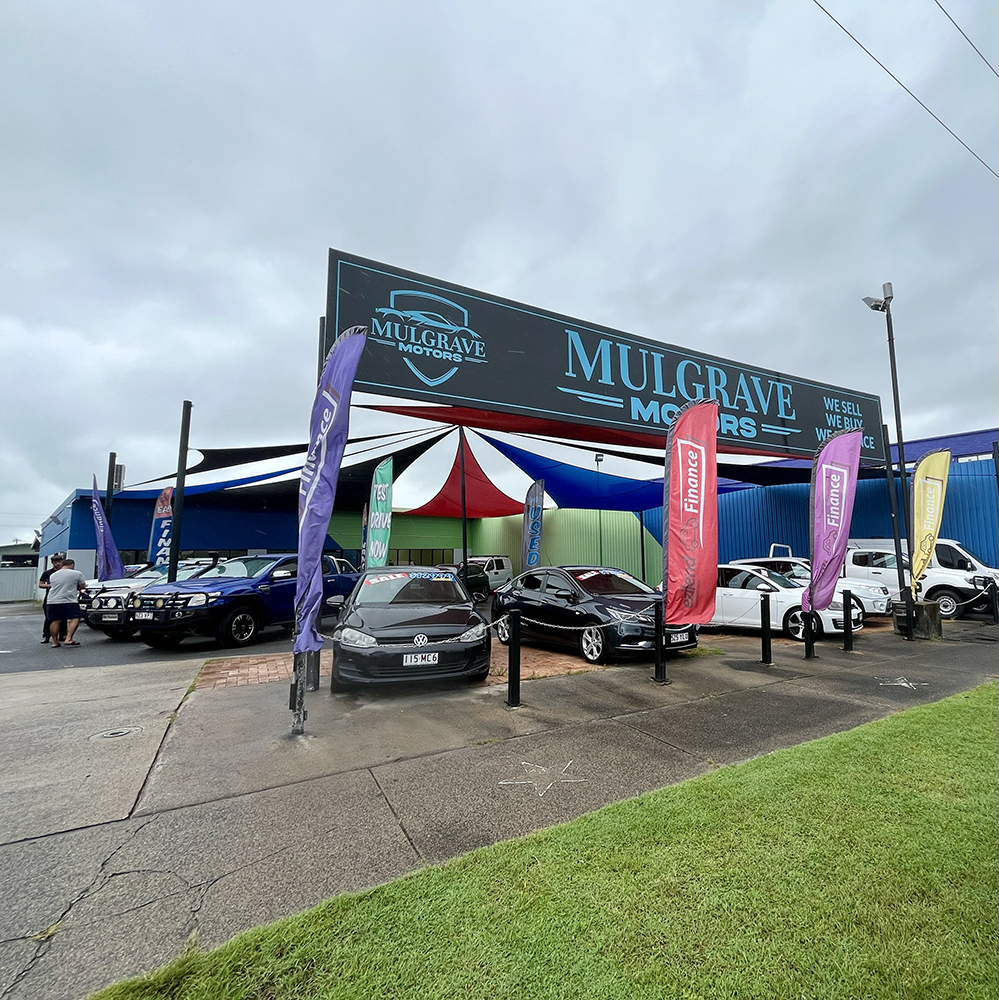
The Indigenous Consumer Assistance Network (ICAN) has welcomed the Australian Securities and Investments Commission’s (ASIC) timely review of the motor vehicle finance industry. The review aims to address systemic issues affecting consumers in regional, remote, and First Nations communities.
ASIC’s review, announced in March, will scrutinise lenders, brokers, and intermediaries for compliance with consumer protection laws. It will specifically assess practices around loan defaults, hardship provisions, and dispute resolutions, initially involving seven prominent lenders. Brokers and intermediaries will also be examined as the review progresses, with initial insights expected in the second half of 2025.
ICAN CEO Aaron Davis emphasised the critical importance of this review, highlighting car finance and associated second-hand car sales as persistent and troubling consumer issues.
“Car finance has consistently ranked among our top three consumer issues over the past two decades,” said Mr. Davis. “ICAN has actively brought these matters to the attention of ASIC, most recently resulting in ASIC’s legal action against Money3 Loans Pty Ltd for alleged breaches of responsible lending obligations.”
Mr. Davis added, “This regulatory review is overdue, and we’re encouraged by ASIC’s commitment to stronger enforcement actions that will help protect vulnerable consumers.”
ICAN’s Financial Counsellor Anne-Maree Barron recently assisted Rachel (name changed for privacy), a First Nations woman trapped in a predatory car finance deal. Rachel’s story is not just a statistic, it’s a powerful reminder of the human cost of these issues. She cares for her grandchildren and relies solely on Centrelink payments.
Rachel’s experience began with an innocent online enquiry about a vehicle at a Cairns second hand car dealership. However, instead of a dealership representative, Rachel received insistent sales calls from a finance broker. “The broker put intense pressure on Rachel, pushing her into a loan agreement for a vehicle she never chose,” explained Anne-Maree.
Rachel described her confusion and distress: “When the broker called again, claiming I already owned the car, I was shocked. I only intended to make an enquiry. They even chose a different car without my consent, stating it was what I could afford.”
Facing immediate financial strain, Rachel turned to ICAN for help.
“Rachel came to us stressed and frightened. Payments had already been deducted from her account despite her inability to collect the car,” Anne-Maree recounted. “We promptly contacted the lender, broker, and dealership, outlining their unethical tactics. Thankfully, the companies agreed quickly to cancel the contract and refund Rachel’s payments.”
Reflecting on her ordeal, Rachel urged others to trust their instincts. “I felt enormous relief when ICAN intervened, because I knew the deal wasn’t right deep down. People need to speak up and trust themselves more.”
Anne-Maree confirmed that ICAN has formally complained to the Queensland Department of Justice and ASIC, emphasising that Rachel’s experience is not isolated.
“Unfortunately, Rachel’s story is one of many. We’re providing ASIC with numerous similar cases to highlight the extent of this problem,” Anne-Maree concluded.
ASIC’s comprehensive review aims to enhance industry standards and ensure safer and fairer car finance practices for vulnerable consumers, especially in regional and First Nations communities. This review has the potential to significantly improve the car finance sector, making it more transparent and consumer-friendly.
You can access further details on ASIC’s review through their website: